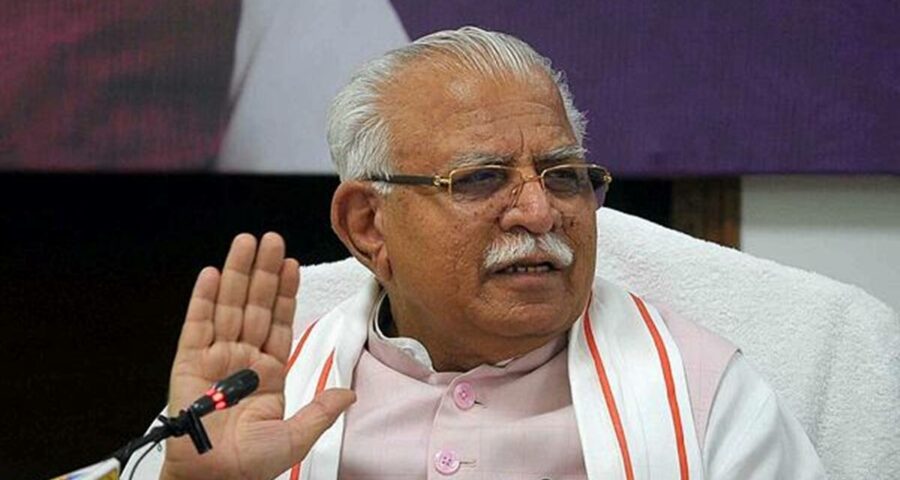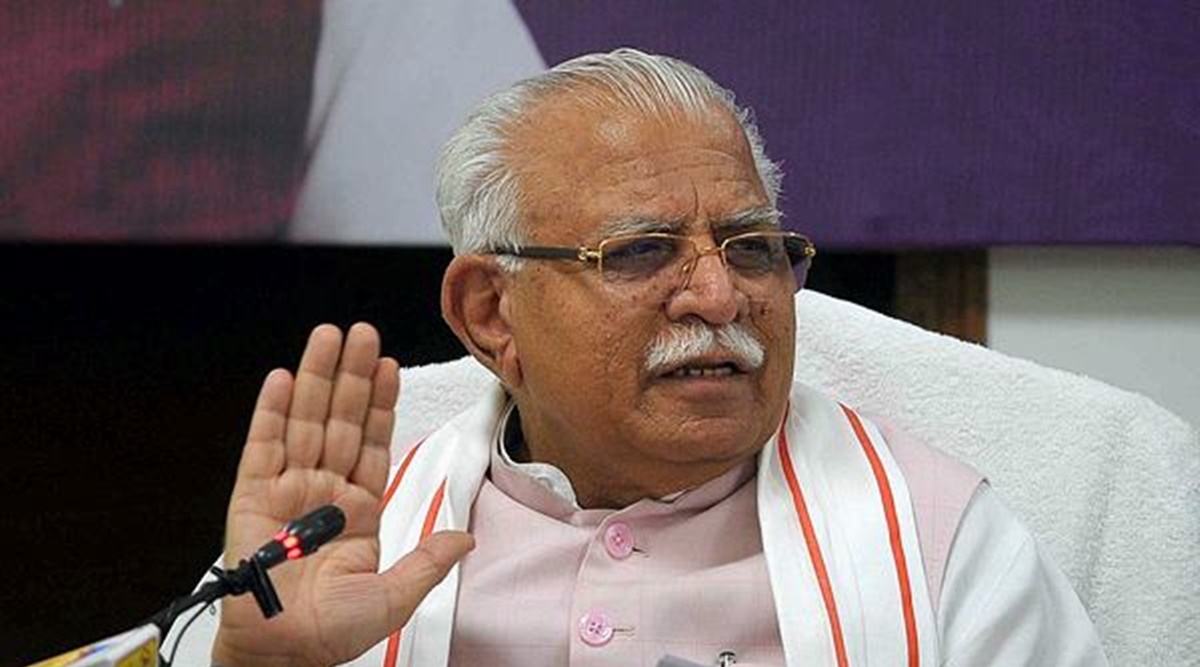The state government, after studying different models of the Metropolitan Development Authorities in India, has envisaged this new legal structure for coordinated and integrated urban governance through establishment of the PMDA.
On the last day of Haryana Vidhan Sabha’s monsoon session on Tuesday, the legislative body passed the Panchkula Metropolitan Development Authority (PMDA) Bill, making Panchkula the third city, after Gurugram and Faridabad, to get such an institution . Haryana Chief Minister Manohar Lal Khattar in early July had announced the setting up of the PMDA to ensure timely execution of development projects in the city.
“The Panchkula Metropolitan Development Authority, Bill, 2021 has been passed to develop a vision for the continued, sustained and balanced growth of the Panchkula Metropolitan Area through quality of life and reasonable standard of living provided to residents through generation of employment opportunities, to provide for integrated and coordinated planning, infrastructure development and provision of urban amenities, mobility management, Sustainable management of the urban environment and social, economic and industrial development, to redefine the urban governance and delivery structure in coordination with local authorities in the context of the emergence of Panchkula as a rapidly expanding urban agglomeration, to establish a statutory Authority for the said purpose and for matters connected therewith,” read a press statement issued by the state government.
It is the rapid growth of the Panchkula metropolitan area and its emergence as a nucleus for economic development that the local administration is now faced with various challenges of urban governance, infrastructure deficit, decentralised decision-making and independently created townships– which, if ignored, could affect the quality of life and well-being of the residents of Panchkula. These condictions have led to the formation of the said body.
“This growth has led to gaps in integrated urban planning and infrastructure development. The emergence of Panchkula as a metropolitan city has brought about problems of mobility and sustainability of the urban environment that go beyond the limits of the legally defined city limits,” the statement read.
The existing legal architecture for governance of the Panchkula Metropolitan Area has several shortcomings that “need to be addressed. Need has been felt for a coordinated and integrated development structure with smooth interface between various departments so as to avoid overlap in the functional and operational responsibilities besides functional empowerment in administrative and financial structures at the local level,” it said.
The state government, after studying different models of the Metropolitan Development Authorities in India, has envisaged this new legal structure for coordinated and integrated urban governance through establishment of the PMDA.
The body has been proposed to develop a vision for the continued, sustained and balanced growth of the Panchkula Metropolitan Area through quality of life and reasonable standard of living provided to residents, to provide for integrated and coordinated planning, infrastructure development and provision of urban amenities, mobility management, sustainable management of the urban environment and social, economic and industrial development.
“It will endeavour to redefine urban governance and delivery structure in coordination with local authorities in the context of the emergence of Panchkula as a rapidly expanding urban agglomeration,” the officials said.
Members of the body will include the Haryana Chief Minister, Minister in-charge, Director and ACS of town and country planning, Minister incharge and ACS of Urban Local Bodies, Members of parliament and state legislature representing this constituency, Minister of transport, Mayor, Senior Deputy Mayor and Chairman of Zila Parishad. Moreover, Deputy Commissioner, Commissioner MC as well as Commissioner of Police will be its members. People will also be nominated to be members by various other members.
The CEO of the body will be appointed by the government, who will not be below the rank of Secretary.
A residents advisory council to advise the body, and provide guidance, will also be formed which will have at least 10 members of the RWA, civil society, labour, real estate, developers, commerce and services among others.
Source: Read Full Article


